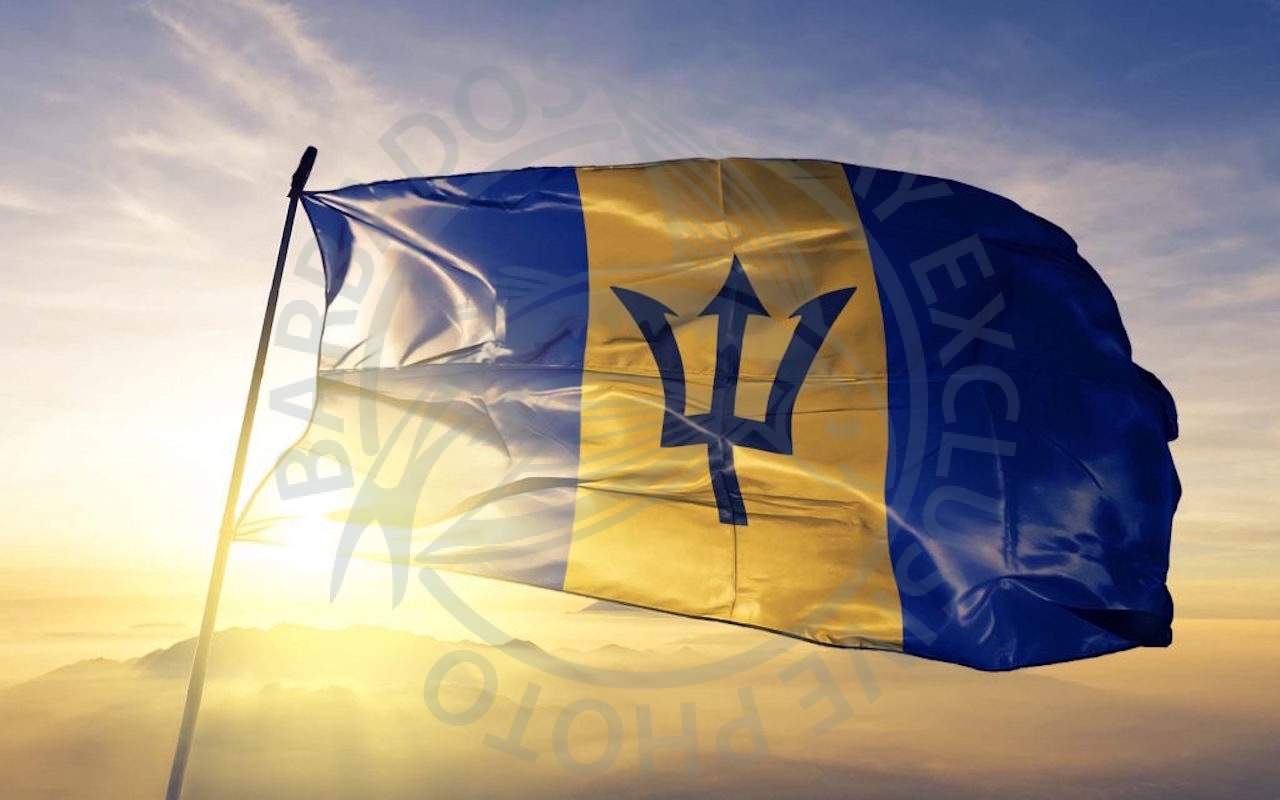Disclaimer: The views and opinions expressed by this author are their own and do not represent the official position of the Barbados Today.
by Dennis De Peiza
The history of the journey on the road to independence reminds us of the dark days of slavery and the colonial period in which the white oligarchy or planter class exploited blacks as slaves.
With the advent of political independence, there is no erasing from the history books the denial of freedom and rights, the oppression suffered, and the physical and physiological abuse inflicted upon our people of yesteryear.
The scars which remain seem to unearth the passion which lies within the bosom of Pan Africanists and others, who seem bent on attempting to eliminate memories of past events.
Removing the Lord Horatio Nelson Monument from its long-standing location in National Heroes Square, Bridgetown has brought to an end the controversial debates for its removal as a national symbol. Those who vigorously lobbied for its removal must be elated at the outcome, with the decision having been made to relocate it to the Barbados Museum.
Notwithstanding the successful outcome, it would be foolhardy to believe that this development will change or alter the facts which tie Admiral Nelson to the History of Barbados.
The fact that history cannot be changed only serves to highlight the point that to dismantle or toss the Nelson Monument into the sea would only serve to give a measure of satisfaction on having removed it from its location which lent it to high public visibility. Such an emotionally charged response stops way short of recognizing that any actions which were intended to destroy or ease the shortcomings of Admiral Lord Nelson from the history books of Barbados were simply cosmetic in nature.
It cannot be disputed that Lord Nelson represented white supremacy and slavery. The removal of the Lord Nelson Monument to the Barbados Museum will not change this fact.
In preserving this historic artifact, Barbadians of generations to come will always have an appreciation of the struggles of our African ancestors under the rule of the white colonial masters. It brings a sense of satisfaction to celebrate the fact that political independence has been secured through the struggles of a people who were determined to bring about change.
The removal of the Nelson Monument from its once prominent location can but only bring peace of mind to those who felt offended by the legacy which he left. For those who lobbied intensely for the removal of the monument, it would seem that it was for these reasons that they are elated, rather than the fact the monument may have been an eyesore in the heart of National Heroes Square.
National Heroes Square is a place dedicated and reserved for those national icons who have served Barbados with distinction, and are deserving of such a distinguished honour. Barbados labour cannot be justly proud of the exploits of Admiral Horatio Nelson on the African forefathers of our nation.
Admiral Nelson’s place in Barbados’ history was justified on the grounds that he was considered as a hero by the locals of time. This was based on his exploits in the battle against the French, who back then controlled some of the other Caribbean islands. This led to the monument being erected on 22nd March 1813 to commemorate the anniversary of the British Royal Navy’s Victory of the Battle of Trafalgar 1805.
The justification given for the erection of the Monument in Trafalgar Square as it was known at the time, clearly had nothing to do with Barbados or Barbadian labour. The unfortunate thing is that Barbadians have come to accept Lord Nelson as part of their history, even without being clear of the significance which it holds.
Now that the Nelson monument or statue, as it is commonly known, has been removed and relocated, it offers the opportunity for those who lobbied for its removal to call for the erection, on the same spot, of a monument to Barbadian African Labour.
The erection of a monument to Barbados African Labour would be a fitting tribute to our African forefathers, and in particular, those from the Ashanti tribe of Ghana. These were brought to Barbados as slaves and sold to local buyers on the same spot where the statue of Lord Nelson was erected.
Each one of those who were bought and sold as slaves ought to be celebrated as heroes and heroines of this land. It cannot be disputed that they were terrorized, caused to suffer and die, all in the cause of ensuring that Barbadians enjoy the freedoms and rights they have today.
As a nation celebrating its 54th anniversary of Indeendence, Barbados has every reason to give a thumbs up to its forefathers and thumbs down to Lord Horatio Nelson; who is now a relic of the past. Basically, history has not been changed or altered, but certainly a new piece of history has been written.
Dennis De Peiza is a Labour Relations & Employee Relations Consultant Regional Management Services Inc. Visit our Website: www.regionalmanagement services.com




